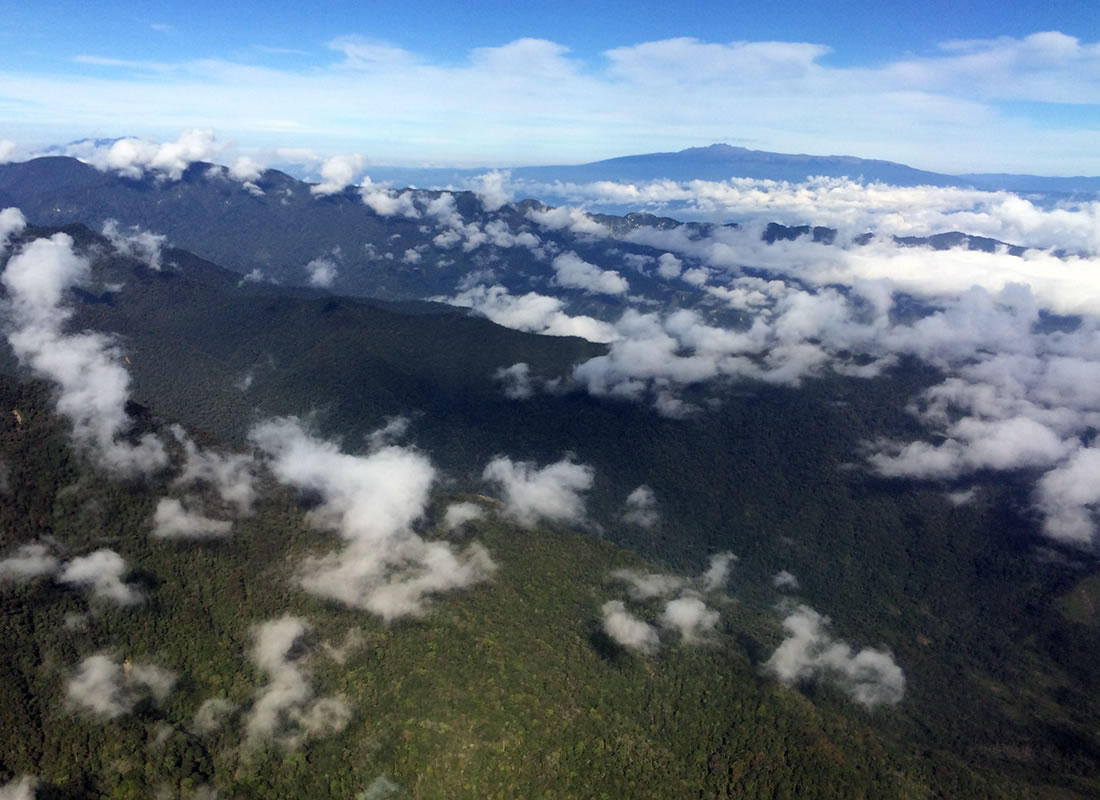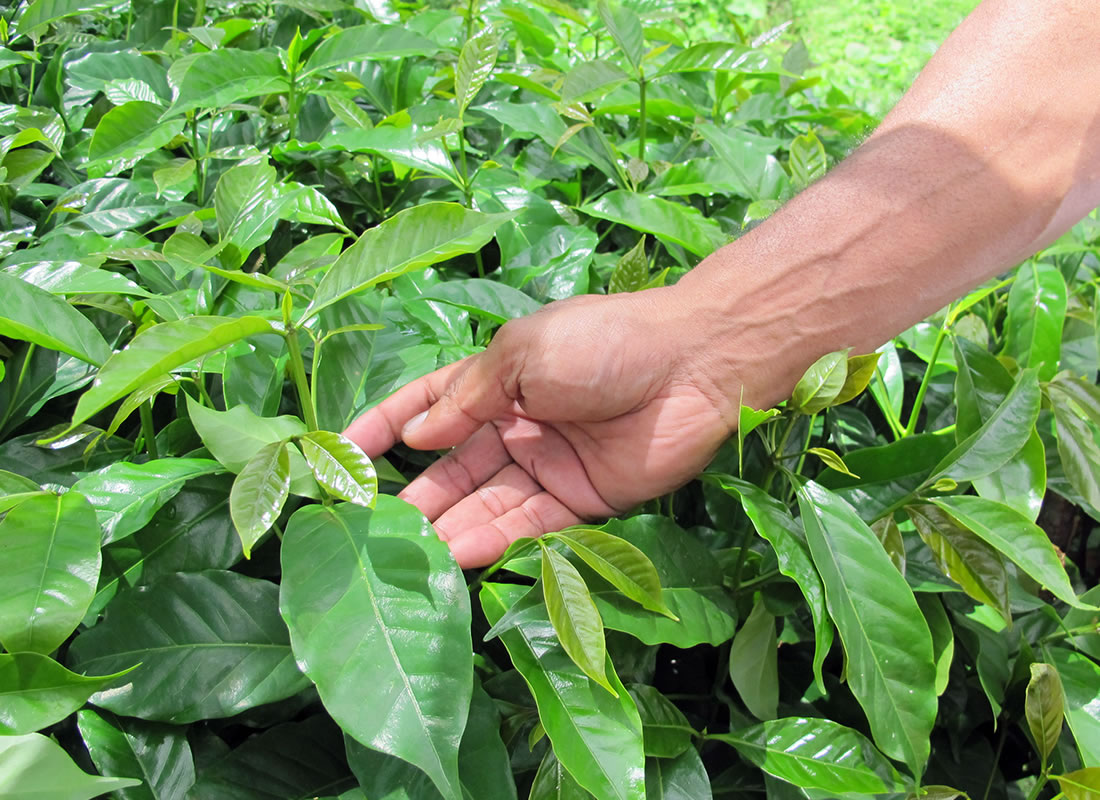Papua New Guinea Single Origin

Info
Making up a share of approx. 70% the coffee production is largely characterized by small farmers with land holdings that grow as little as 20 trees per plot in so called “coffee gardens” alongside subsistence crops. The country is generally dominated by fragmented mountain ranges, steep valleys and plateaus that are difficult to access.
Since many of the smallholder farmers live in such remote places, their coffee must be picked up by airplanes on grass landing strips, or for those lucky enough to have road access, trucked to the nearest town – often struggling with broken axles from the trip. The typical village-based grower in PNG uses no synthetic fertilizer or chemical pesticides. Leaf-fall from the trees which shade it, together with the skin and pulp of his freshly processed crop provide natural and nutrient-rich mulch.
In order to process his coffee the farmer uses either his own small hand-operated pulping machine or brings his coffee cherries to central washing stations. Nevertheless, also larger farms such as the Sigri and neighboring Kigabah Plantation are part of an exciting coffee culture in PNG. In general, PNG coffees stand for exciting complexity, truly spinning you once around the flavor wheel.







